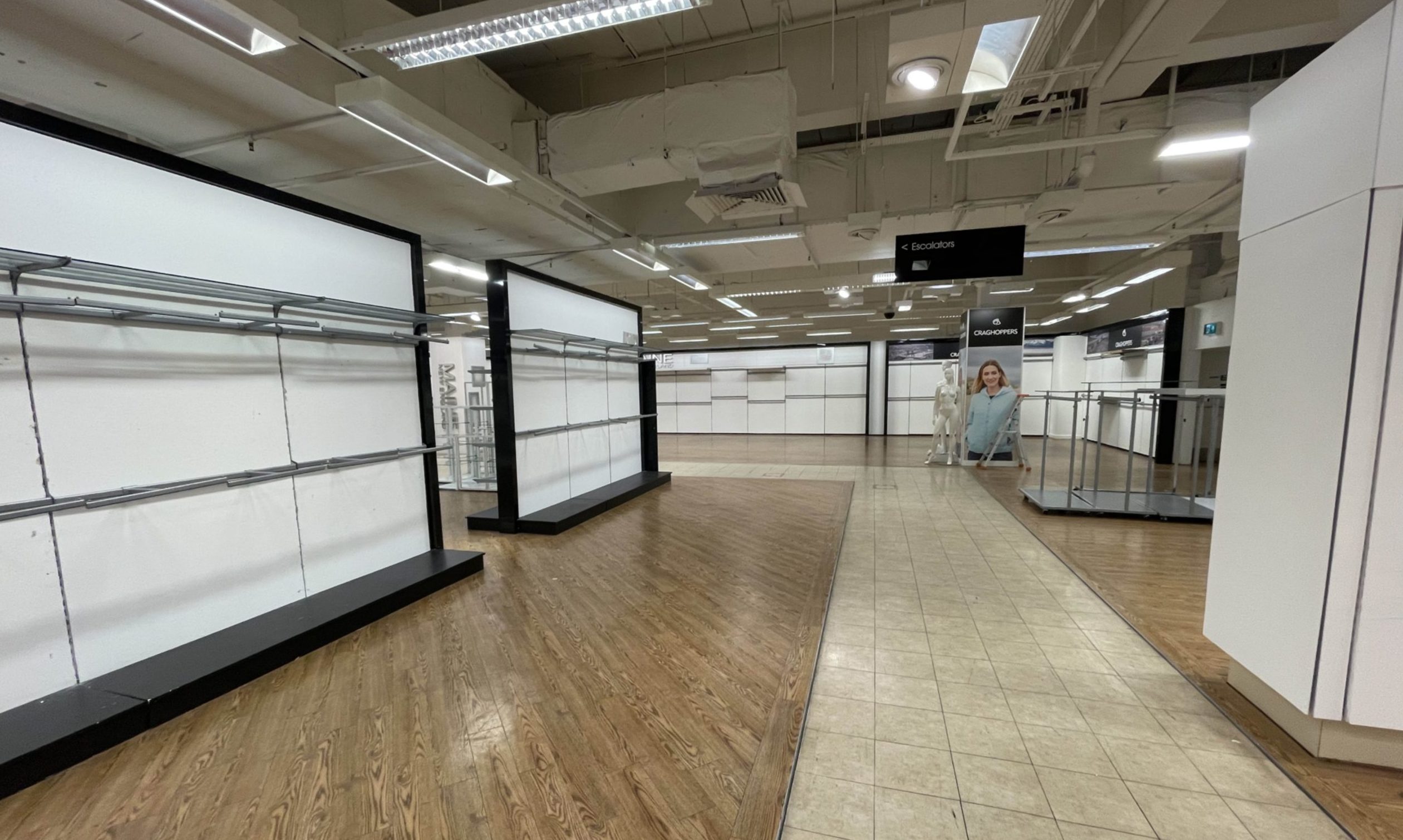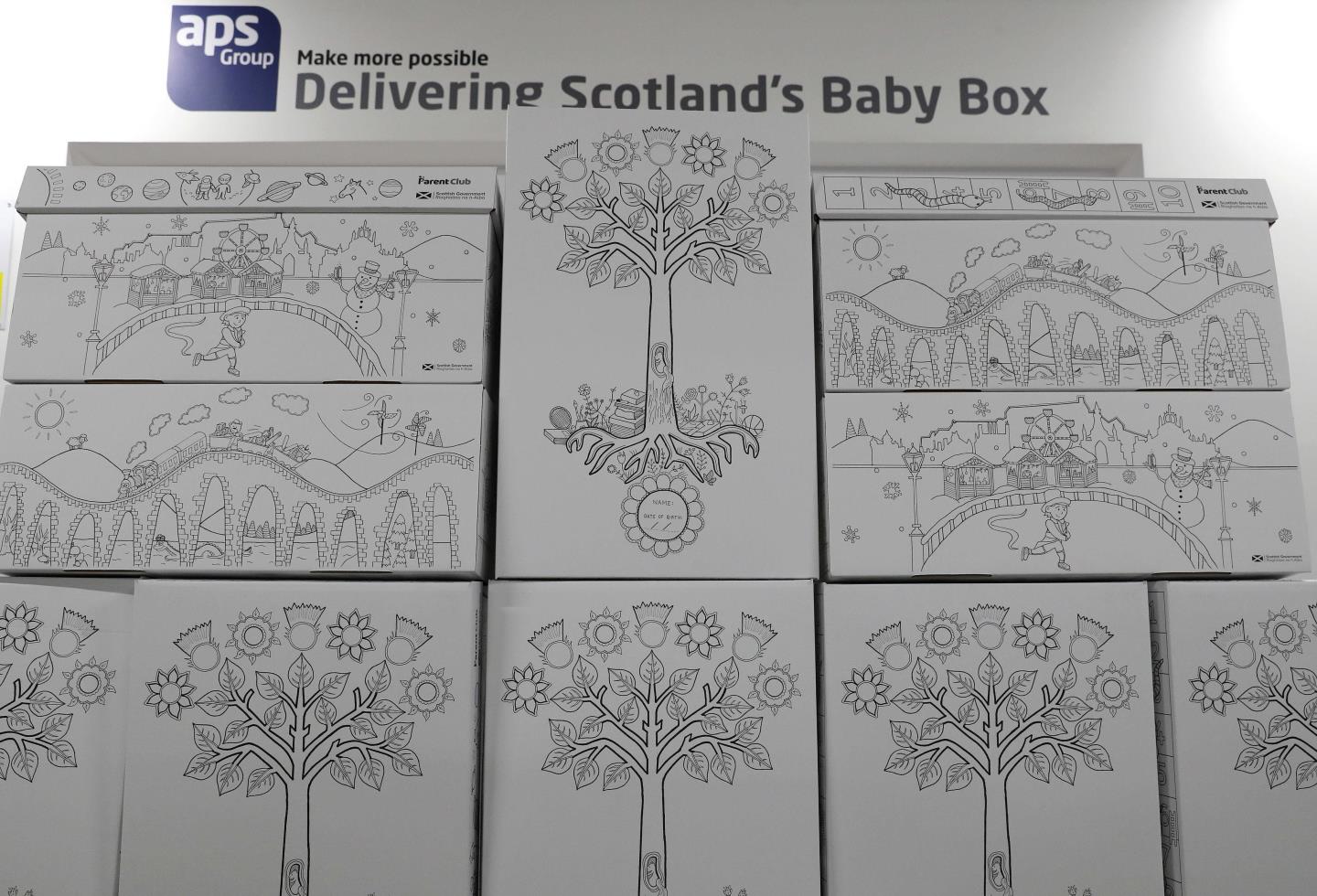Though I am still in my early 20s, I’ve had several different jobs over the years.
They ranged from pulling pints to flipping burgers and doing shifts on a construction site to selling magazines, as well as working for some. Most of these roles had demanding hours and they left little time for creativity, even on those one or two days off a week.
As I look ahead to graduating from university next year with hopes of working in journalism – an industry where unfortunately over a quarter (27%) of people only work part-time – I feel slightly nervous. Indeed, precarity of work is an issue that is becoming increasingly prevalent in our society and it has been further exacerbated by the Covid pandemic.
Perhaps then it is no surprise that a recent survey indicates that more than 60% of the UK population supports a UK Government pilot of the introduction of a four-day working week, and I count myself among them.
Scotland should take this opportunity to lead the way in the full introduction of a four-day, 32 hour long working week without any loss of pay. Its implementation could rapidly widen the number of job opportunities and give more people more choice as to where they work and when.
A four-day working week would help to rejuvenate city centres
I live in Aberdeen where, as with the rest of north-east of Scotland, shop closures and empty high streets have sadly become the “new normal”. Apart from obvious job losses, the closure of stores such as Debenhams has knock-on effects, with previously prospering shopping centres also losing essential footfall.
The introduction of a four-day working week could play a part in helping to rejuvenate these ailing city centres. It would leave employees with more time to venture into local businesses and make environmentally positive choices, such as cycling and walking instead of driving.
Looking at the broader picture, this could also help ease what must be an inevitable transition of jobs to the renewable energy sector in Scotland. In fact, a shortened week has been shown to improve the economic viability of businesses by reducing overheads. A better rested and happier workforce is more productive and less likely to be ill or take sick leave.
Universal income results in fewer working hours and a better distribution of jobs, meaning that those previously excluded from the labour market will have greater work opportunities
But how this will be achieved without a loss of income is a common question. I believe the simple answer lies in the introduction of a Universal Basic Income (UBI) alongside the four-day working week.
Universal Basic Income could be key
A UBI would be the perfect complement to this initiative, as it has also been shown to contribute to better working conditions, putting workers in a better position to challenge bosses. But universal income also results in fewer working hours and a better distribution of jobs, meaning that those previously excluded from the labour market will have greater work opportunities.
The SNP has often likened Scotland to Scandinavia, and it has been suggested that Scotland could become the “sixth Nordic country”, alongside Finland, Sweden, Norway, Denmark, and Iceland. Admittedly, there are similarities, not least in the broadly corresponding unemployment rates of all six countries.
In recent years, several policy initiatives have actually been adopted by Scotland from these countries, notably the introduction of the Finnish baby box. Though this is a step in the right direction, much more needs to be done, especially to improve social cohesion and a healthy work-life balance.
A recent and extensive UBI trial in Finland was shown not only to have improved the mental and financial wellbeing of residents, but also to have improved their employment prospects – something that would no doubt be welcome in the presiding economic situation.
We are meant for more than work
Personally, I have been able to enjoy the benefits of a certain type of four-day working week while at university, and can fully recommend it to others. Not having lectures or seminars on most Wednesdays has meant that I have been able to catch up on work, but it has also allowed me to enjoy more social and extracurricular activities such as editing a newspaper and regularly going swimming.
We have our best ideas and thoughts for innovation when we are rested and relaxed, not after 40 hours of working
Though this may come from an arguably privileged position, I believe the four-day working week has a lot of merit. At the end of the (working) day, education should be about lifelong learning for the sake of it, not just to pursue gainful employment.
As humans, we are meant for a lot more than employment and we have our best ideas and thoughts for innovation when we are rested and relaxed, not after 40 hours of working.
Naturally, the idea of a four-day working week will not please everyone, nor does it have to. But if we have the means to improve working standards and incomes while increasing our amount of free time, I say we should do so.
I certainly hope that by the time I enter the job market, this proposal will have become a reality for more people.
Anttoni James Numminen is a freelance journalist and editor-in-chief of Aberdeen University’s student newspaper, The Gaudie



